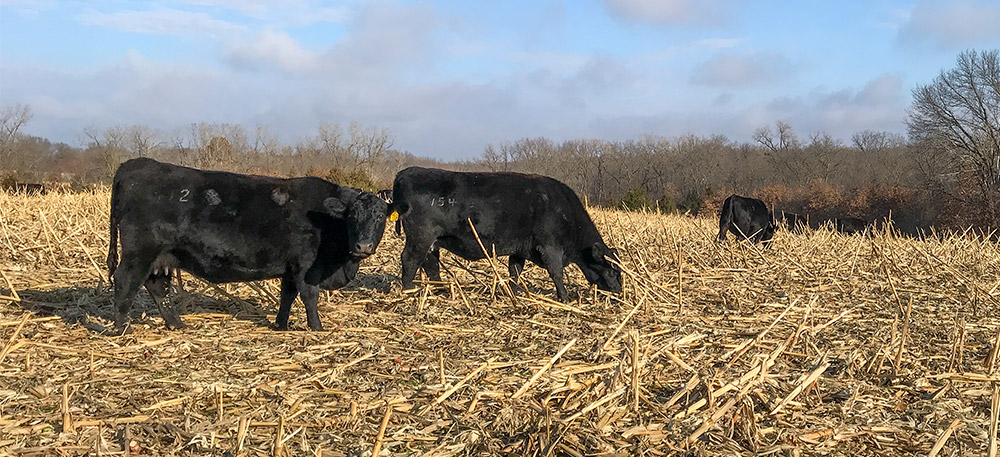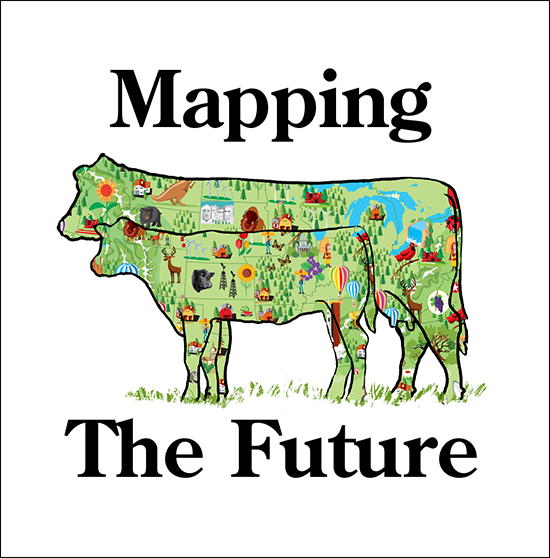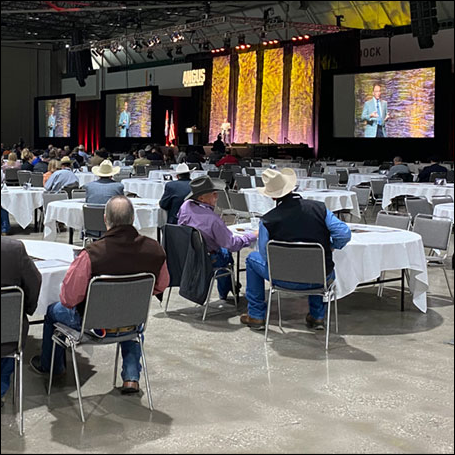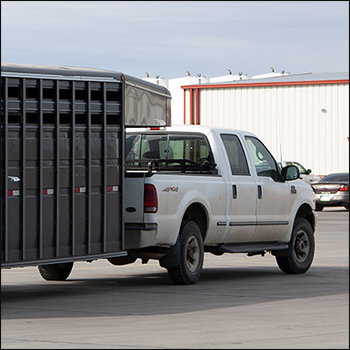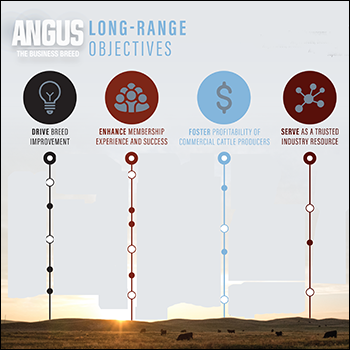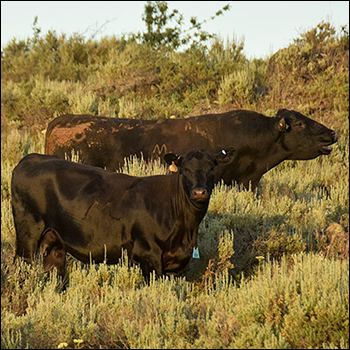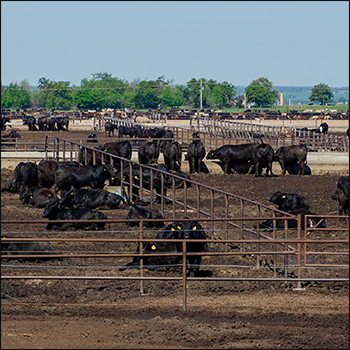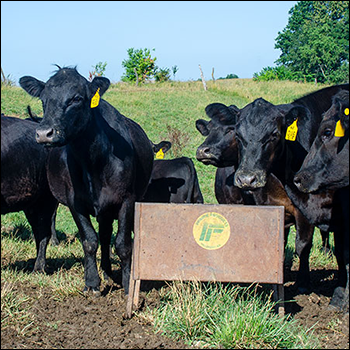Protein Requirements for Pregnant Cows
Tips for determining if and how much of a supplement is needed.
Nutrient requirements in early gestation are similar to maintenance requirements, but as the fetus grows, the cow’s nutrient needs increase. In late gestation, protein is a primary concern. Jeremy Martin, ruminant nutritionist and reproduction manager for Great Plains Livestock Consulting of Eagle, Neb., says weather can be a significant factor, and the requirements (ability to consume feed) are different in cows vs. pregnant heifers.
Hummus for Cattle?
Chickpea crop byproducts could serve as replacement for soybean meal and cereal grains in cattle feed.
While hummus used to be an exotic spread enjoyed only in the Middle East, it has become a staple in grocery stores throughout the world. Recently, the savory dish has gained popularity amongst a new fan base: herds of cattle.
Keep Your Livestock Protected from Outside Threats
Iowa Department of Agriculture and Land Stewardship, Iowa State University produce video to help livestock producers respond to a foreign animal disease.
The Iowa Department of Agriculture and Land Stewardship, in conjunction with Iowa State University, has developed a video showing livestock producers how to set up a vehicle cleaning and disinfection corridor to protect their farms, and neighboring farms, during a foreign animal disease outbreak.
Four Myths About Mineral Nutrition
Nutrition affects every aspect of cattle production, so why not invest in it?
“My cows don’t need premium mineral for more than a month or so.” … “I’ve stuck with the same mineral for years, and it gets the job done.” … “Premium minerals are over-formulated, and the form doesn’t actually matter.” … “Premium mineral programs are just too pricey.”
These four statements are said often to Jack Oattes, regional business manager — Canada with BioZyme Inc. During a virtual Learning Lounge session in conjunction with the 2020 Angus Convention, he debunked all four of these. He emphasized why investing in premium nutrition really is worth it.
Winter Water
K-State cattle experts advise producers to prep water systems for winter.
As beef producers manage the herd in dropping temperatures this winter, Kansas State University Beef Cattle Institute experts stress that now is the time to make sure the watering systems are set up for full-time access to clean, drinkable water.
Grown Slow to Last
Winter forage-based nutrition program develops bulls at slower pace to add longevity.
Bulls are often confined during winter and fed grain as well as hay, but some producers winter their bulls in bigger pastures under more natural conditions. This is usually better for health, fertility and longevity.
Problems Underfoot
Wet conditions often lead to hoof problems.
Fall rain that leaves pastures and pens boggy can present challenges for hoof health in cattle. If feet are continually wet, the hoof horn and skin become softer and more easily damaged, which can lead to foot rot, punctures, abscesses and other serious conditions.
